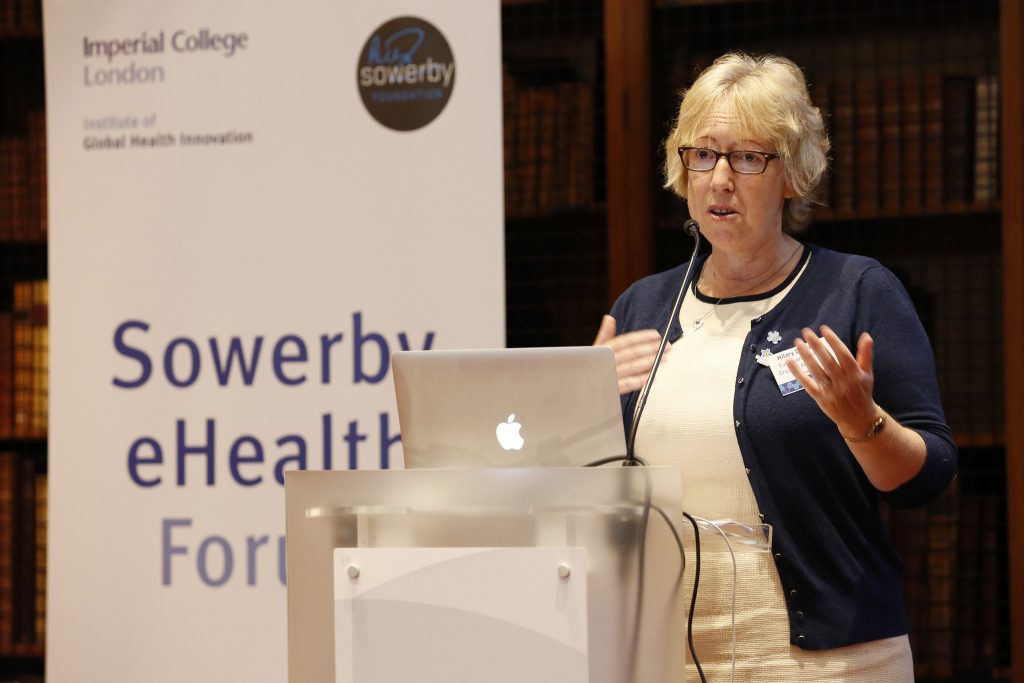
Calling all UK based students!
Do you have an innovative idea for global health? Enter our Student Challenges Competition to win up to £5,000 to make that idea reality. Find out more by visiting the website.
Recent activities
On 14 September, the Centre for Health Policy’s Sowerby eHealth Forum hosted their third annual symposium on the benefits and barriers to sharing patient data.
On the same day, we also jointly hosted a special guest lecture by general practitioner and public health policy advocate Dr Suwit Wibulpolprasert on universal health coverage in Thailand. The event was jointly hosted by our new colleagues from IDSI who moved into our Centre for Health Policy recently. Watch the lecture in full here.
On 20 September, we hosted our 6th Annual Lecture with Dr David Blumenthal on ‘High need, high cost patients: A universal challenge’. Watch the lecture in full here and read the Storify coverage here.
Latest IGHI Blog articles
International Youth Day, plenty of reasons to celebrate – By Professor Beate Kampmann, Professor of Paediatrics and Director of IGHI’s Centre for International Child Health (CICH)
FEAST – five years on – By Professor Kathryn Maitland, Director of the IGHI Centre of African Research and Engagement.
A letter to…my buddy Sami*, who killed himself a year ago – By anonymous Research Fellow, Institute of Global Health Innovation, Imperial College London
Learning from Chinese health reforms – By Alexander Carter, Health Economist, Centre for Health Policy, IGHI
World First: UN Decide to Fight Antimicrobial Resistance – By guest bloggers Sarah Greaves, Katherine MacInnes and Alex Stockham, IN-PART
Ending the stigma this World Mental Health Day – By Dilkushi Poovendran, Research Assistant in Patient Experience and Patient Safety, Centre for Health Policy
The impact of Neglected Tropical Diseases on Universal Eye Health – By Professor Alan Fenwick of Imperial’s Schistosomiasis Control Initiative (SCI)
Write for us
We are always on the lookout for new bloggers. If you would like to write for our blog, please get in touch with the IGHI Communications Manager, Jo, at j.seed@imperial.ac.uk
Jo Seed
Communications Manage
Institute of Global Health Innovation
 SAPC Madingley Hall 2017
SAPC Madingley Hall 2017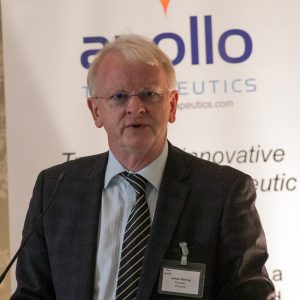 aimed driving forward therapeutic innovation. It is a £40 million fund to drive therapeutic innovation aims to to significantly improve the speed and potential of university research being translated into novel medicines. Apollo will support translational research, shaping projects at an early stage to optimise discovery and delivery of new breakthrough treatments for onward development.
aimed driving forward therapeutic innovation. It is a £40 million fund to drive therapeutic innovation aims to to significantly improve the speed and potential of university research being translated into novel medicines. Apollo will support translational research, shaping projects at an early stage to optimise discovery and delivery of new breakthrough treatments for onward development.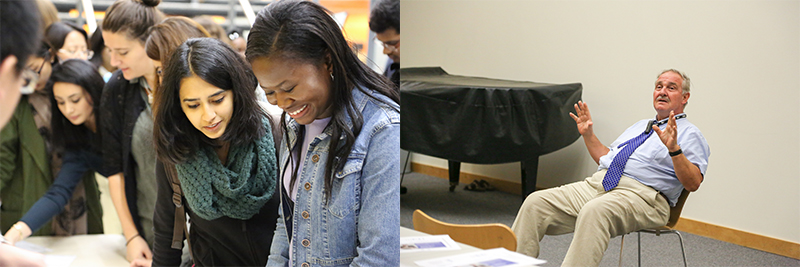
 biomedical research across the College over the past 5 years. The scheme has previously funded numerous internal funding streams targeting the enhancement of multidisciplinary research, the support of early career researchers, strategic initiatives enhancing support for priority themes and public engagement activities. Through strategic allocation of £7.5M funding since 2011/2012, the scheme has supported more than 380 investigators through 185 awards across the College and in turn leveraged a further £53M in follow-on funding.
biomedical research across the College over the past 5 years. The scheme has previously funded numerous internal funding streams targeting the enhancement of multidisciplinary research, the support of early career researchers, strategic initiatives enhancing support for priority themes and public engagement activities. Through strategic allocation of £7.5M funding since 2011/2012, the scheme has supported more than 380 investigators through 185 awards across the College and in turn leveraged a further £53M in follow-on funding.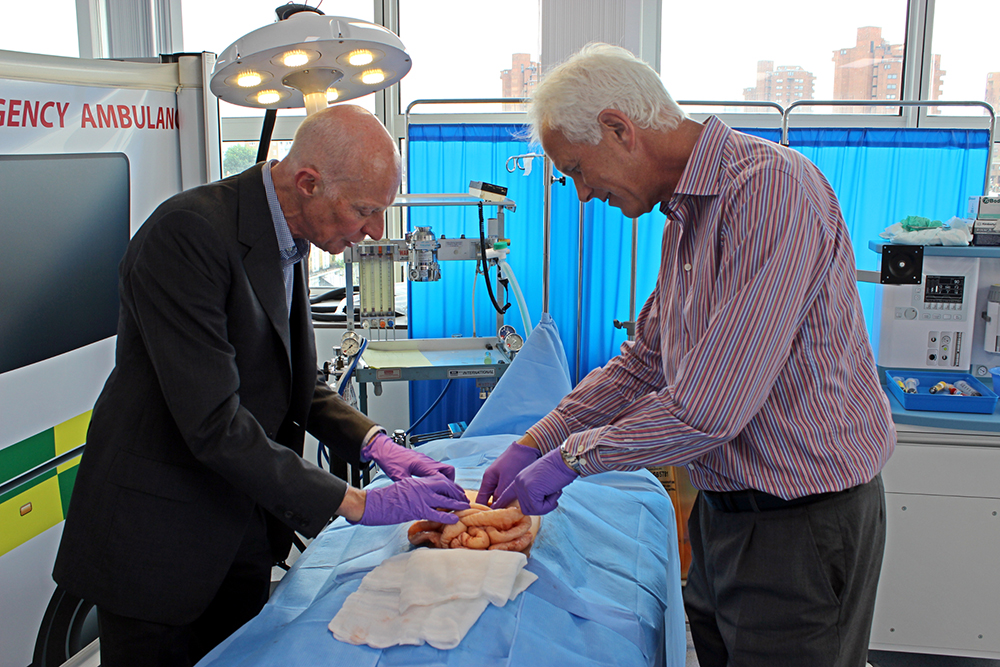
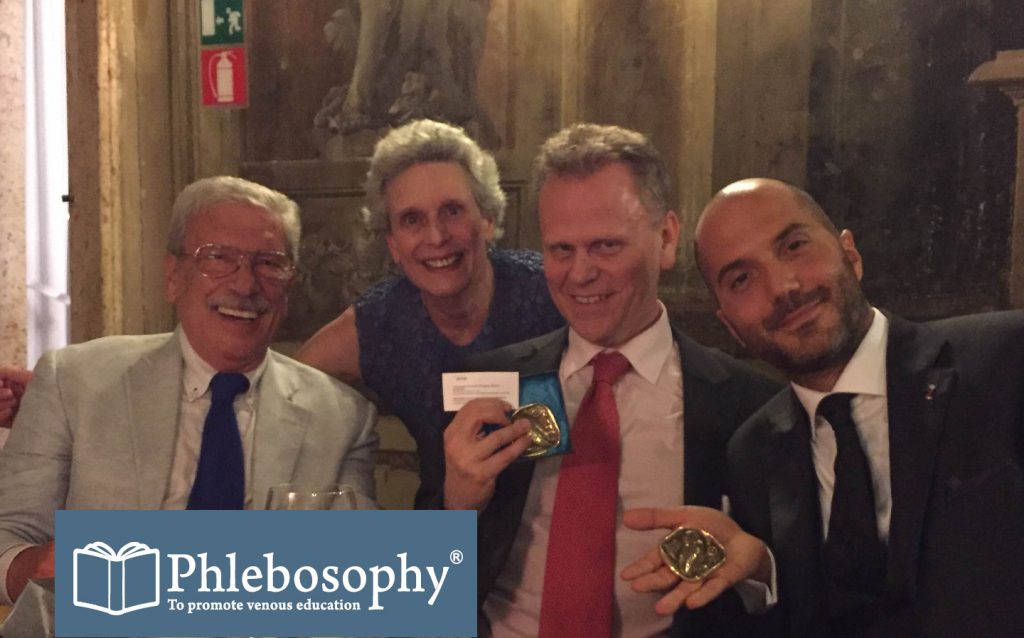 Gala dinner celebrations after the congress. Left to right. Professor Giuseppe Andreozzi (Padova), Dr Evi Kalodiki (Imperial College London), Dr Christopher Lattimer (Imperial College London)
Gala dinner celebrations after the congress. Left to right. Professor Giuseppe Andreozzi (Padova), Dr Evi Kalodiki (Imperial College London), Dr Christopher Lattimer (Imperial College London)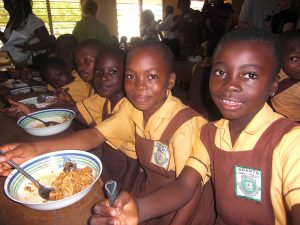
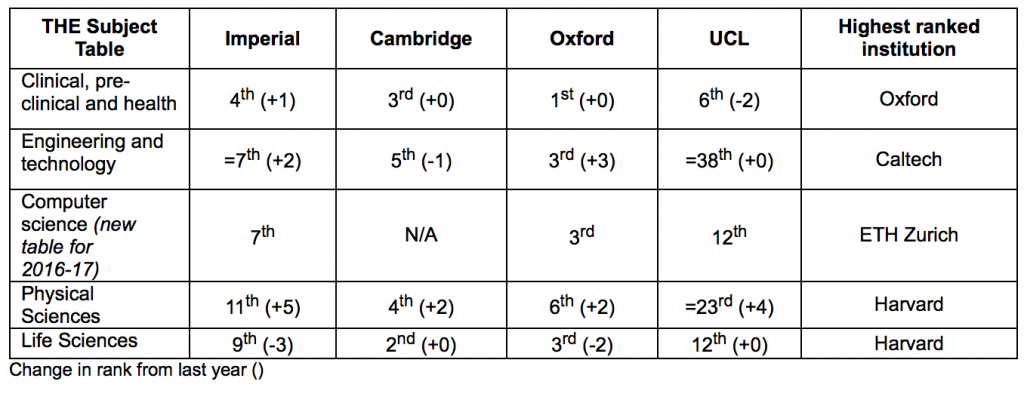
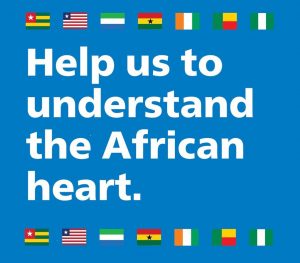 The Robert Steiner MRI unit, within the MRC Clinical Sciences Centre, is looking for healthy volunteers from west African descent aged 18-80 with no heart-related health problems. The study aims to develop an atlas of the human heart to help scientists to determine the effect of different DNA and genes on heart shape and function.
The Robert Steiner MRI unit, within the MRC Clinical Sciences Centre, is looking for healthy volunteers from west African descent aged 18-80 with no heart-related health problems. The study aims to develop an atlas of the human heart to help scientists to determine the effect of different DNA and genes on heart shape and function.